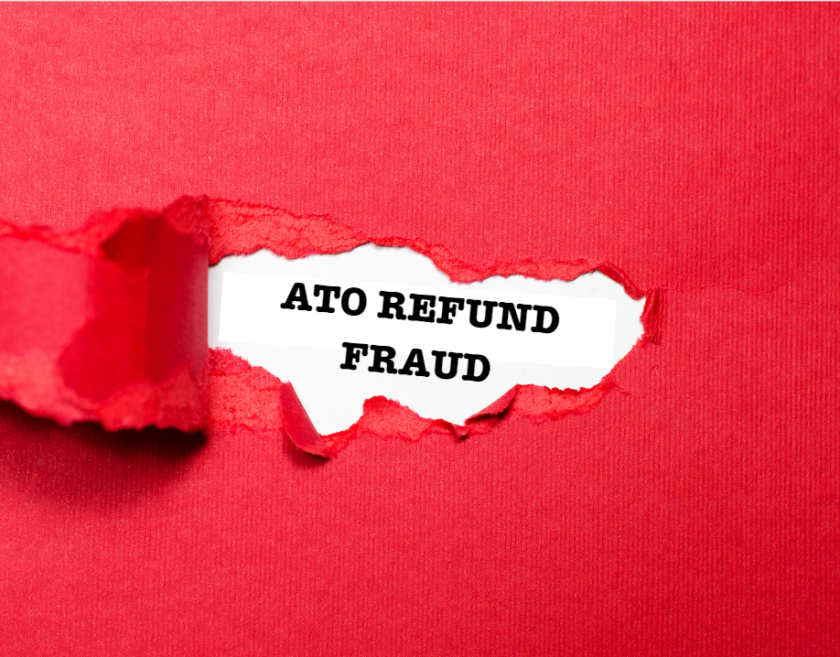Recently, Morrows has observed a surge in scammers following the Medibank Private, Latitude Financial and Optus data leaks. These scammers have specifically targeted individuals whose data and identities were compromised.
Recognising the importance of the situation, we have prepared a series of articles to help you and your clients stay safe. This article explains refund fraud, how it can impact you and what you can do if you encounter it.
What is ATO refund fraud?
Taxation Refund fraud is claiming a tax refund or other benefit by giving the ATO false information. It is more than a careless or accidental mistake because it is undertaken in a deliberate and deceitful way.
Refund fraud is a growing concern that poses a significant threat to individuals and governments worldwide. As tax authorities strive to combat tax evasion and other tax-related crimes, refund fraud has emerged as a sophisticated tactic criminals employ to exploit the system.
The Australian Taxation Office (ATO) has been actively trying to combat refund fraud, recognising its detrimental impact on the economy and taxpayers’ trust.
Refund fraud can also involve identity crime. This is where personal identity information is stolen and used to lodge fake tax or GST refund claims payable to someone else’s bank account.
- Lodgement of fraudulent personal tax returns using your stolen identities
- Claiming GST refunds using stolen business identities
What you should do if you encounter identity fraud, such as ATO refund fraud
- Contact your advisor.
- Contact the ATO Client Identity Support Centre on 1800 467 033.
- Contact ID Care. They can assist and provide security monitoring services for your accounts.
– Phone number: 1800 467 033
– Website: https://www.idcare.org/
– If you encounter ATO fraud, the ATO will provide you with a reference code which may entitle you to free coverage for 12 months. - Lodge a report with Australia Cyber Security Centre (ReportCyber)
– Report with ACSC
– Phone number: 1300 292 371
– Website: https://www.cyber.gov.au/ - Notify Key Organisation: Make sure you contact key institutions, individuals and service providers and inform them of the breach and that your information has been compromised and targeted. We would recommend that you contact the following:
– Banks and Financial Institutions
– Vic Roads
– Insurance providers (including Medibank Private, GIO, Medicare)
– Superannuation funds
– Your employer - Review and continue to monitor bank statements for any potentially fraudulent transactions.
- Review and update all your passwords immediately (for emails, MyGov, internet banking, etc) Ensure that you create strong and unique passwords for different platforms. Enable Multi-Factor Authentication (MFA) whenever possible as it adds an extra layer of security, such as a unique code sent to your mobile phone.
- Freeze Your Credit: Consider placing a freeze on your credit reports with the major credit bureaus (Equifax, Experian, etc). Freezing your credit restricts access to your credit report, making it more difficult for identity thieves to open new accounts in your name. Keep in mind that unfreezing your credit in the future will require contacting the credit bureaus and going through a verification process.
What can the ATO do to help you?
During the process of correcting your tax accounts and records, the ATO may be able to help you in the following ways:
- Extend time to lodge a replacement return
- Remit general interest charge
- Arrange to pay your tax in instalments
- Provide help during audits or investigations
Experiencing fraud or a data breach can be distressing, whether it impacts you or a third party such as the ATO. You can minimise the potential damage by taking immediate action and following the steps outlined above.
Always stay vigilant, secure your accounts, and monitor your financial activities. By taking proactive measures, you can regain control over your data and reduce the risks associated with fraudulent activities and data compromise.





